
What is Post Inflammatory Hyperpigmentation? Causes & Treatment for PIH
If you have ever suffered from acne, then you know that the aftermath can be pretty daunting. Not only do you have to deal with the scars that the breakouts left behind, but you might also experience post inflammatory hyperpigmentation (PIH). PIH is a condition that causes dark patches to form on the skin, and it can be very difficult to treat. In this blog post, we will discuss what PIH is, what its causes are, and how you can go about treating it.
What is Post Inflammatory Hyperpigmentation?
PIH or Post Inflammatory Hyperpigmentation is an inflammatory skin condition in which the overproduction of melanin causes dark patches to form on the skin. Melanin is a pigment that gives our skin its color, and when it is overproduced, it can cause these dark patches to form. PIH is commonly seen in people with darker skin tones, but it can affect anyone. Usually, this happens when your skin has been injured or irritated.
Also read: The Definitive Guide to Hyperpigmentation: Causes and Treatment
Experts suggest that Post Inflammatory Hyperpigmentation can either affect the surface level of your skin (epidermis) or even the deep layer of your skin, known as the dermis. If you notice any changes in your skin tone, it is important to see a dermatologist to get a proper diagnosis followed by treatment. Post Inflammatory Hyperpigmentation is most commonly experienced by people of color, but it can affect anyone, irrespective of their gender.
Causes of Post Inflammatory Hyperpigmentation
When your skin is injured or irritated, it causes the skin cells to react and produce extra melanin. As a result, PIH occurs. This skin condition can be identified as black, brown, tan, dark brown, and even grayish-blue spots and patches on your skin. The good news is, PIH is not contagious and will not spread from person to person. However, it can worsen if you do not take proper care of your skin or if you pick at your skin.
In most cases, PIH is caused by acne. Acne is a very common skin condition that can cause inflammation, and when this inflammation occurs, it can lead to PIH. Other causes of PIH include:
- Eczema
- Psoriasis
- Insect bites
- Chemical burns
- Razor burns
- Impetigo
- Allergic reactions
- Rashes
- Surgery
It has been found that people who undergo cosmetic or medical procedures may experience Post Inflammatory Hyperpigmentation. On the other hand, chemical peels, cryotherapy, radiation therapy, light therapy, and laser treatments have also been associated with this condition.
Also read: The Definitive Guide to Hyperpigmentation: Causes and Treatment
If you have any of the above-mentioned conditions, it is important to consult a dermatologist as soon as possible. They will be able to properly diagnose your condition and recommend the best course of treatment.
Post Inflammatory Hyperpigmentation Treatment
Treating Post Inflammatory Hyperpigmentation can be tricky, but there are a few things that you can do to help lighten the dark spots on your skin. If you are struggling with PIH, here are a few treatment options that you can consider:
1. Topical treatments: Topical treatments such as retinoids, corticosteroids, hydroquinone, azelaic acid, kojic acid, and niacinamide can help lighten the dark spots on your skin. These treatments can be bought over the counter or prescribed by a dermatologist.
2. Chemical peels: Chemical peels are another popular treatment option for PIH. They help to remove the dead skin cells from the surface of your skin, and they can also help to lighten the dark spots. However, please note that chemical peels can be quite harsh on your skin, so it is important to consult a dermatologist before going ahead with this treatment.
If you are struggling with Post Inflammatory Hyperpigmentation, it is important to consult a dermatologist as soon as possible. They will be able to properly diagnose your condition and recommend the best course of treatment for you. Do not try to treat PIH at home until or unless you are absolutely sure about what you are doing, as this can worsen your condition.
On average, epidermal post inflammatory hyperpigmentation can last for 6-12 months. Because they are on the surface level, they can be cured by topical treatments. On the other hand, dermal post inflammatory hyperpigmentation may take years to fade since they affect the deep layer of your skin. In some cases, they may even be permanent. However, there are treatments available that can help to lighten the dark spots and improve your skin tone, such as laser treatments and strong chemical peels.
Please note that there is no quick fix to post inflammatory hyperpigmentation. It will take time and proper care to see results. Be patient and consistent with your treatment, and you will eventually see the dark spots on your skin start to fade.
Can I Use Post Inflammatory Hyperpigmentation Serum?
If you are struggling with post inflammatory hyperpigmentation, you may be wondering if there is a serum that can help. Unfortunately, there is no one-size-fits-all answer to this question. The best way to find out if a particular serum will work for you is to consult a dermatologist.
However, experts suggest that if you are able to manage acne, you can also manage post inflammatory hyperpigmentation. Start by using a light cleanser, and then follow up with a gentle moisturizer. Once your skin is clean and hydrated, you can apply a serum that contains vitamin C, niacinamide, or kojic acid. These ingredients can help to brighten the skin and reduce the appearance of dark spots. The Pink Foundry has a range of anti-acne products that are a good option to consider.
Conclusion
Post inflammatory hyperpigmentation is a common skin condition that can be caused by a variety of factors, such as acne, eczema, psoriasis, and more. It is characterized by the appearance of dark spots on the skin, and it can be quite difficult to get rid of. However, there are treatments available that can help to lighten the dark spots and improve your skin tone. Always get professional help before trying to treat PIH at home, as this can worsen your condition.

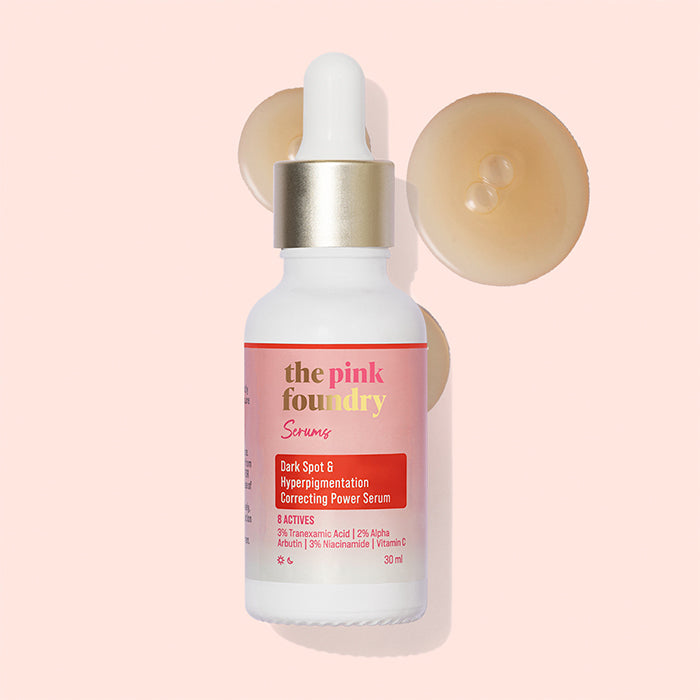
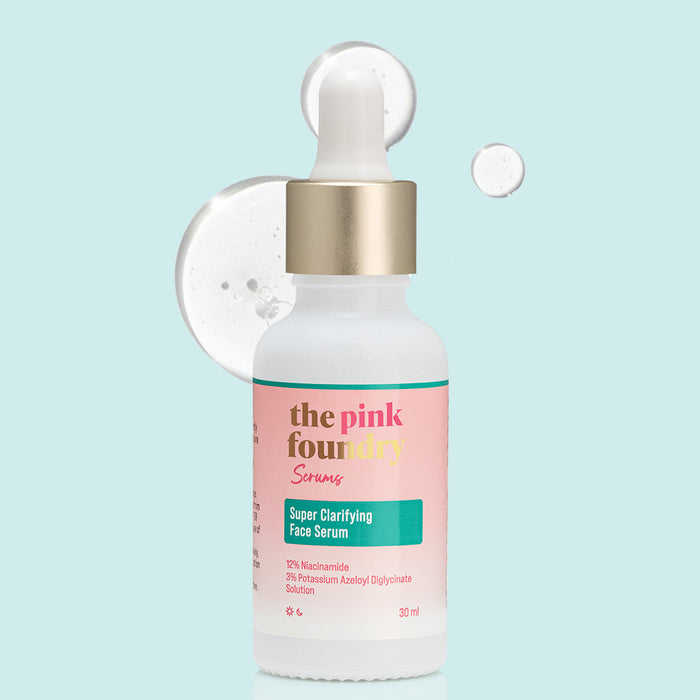





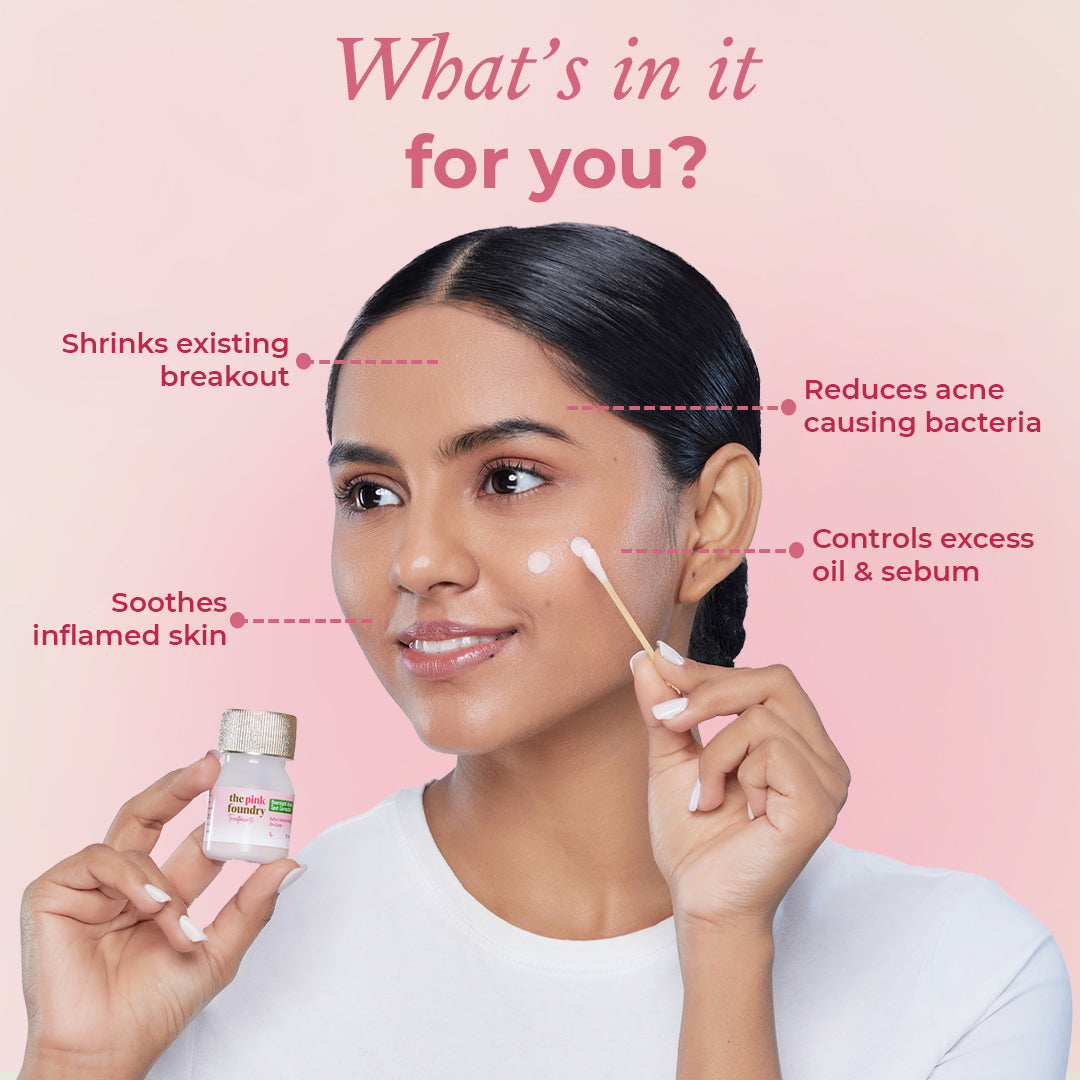
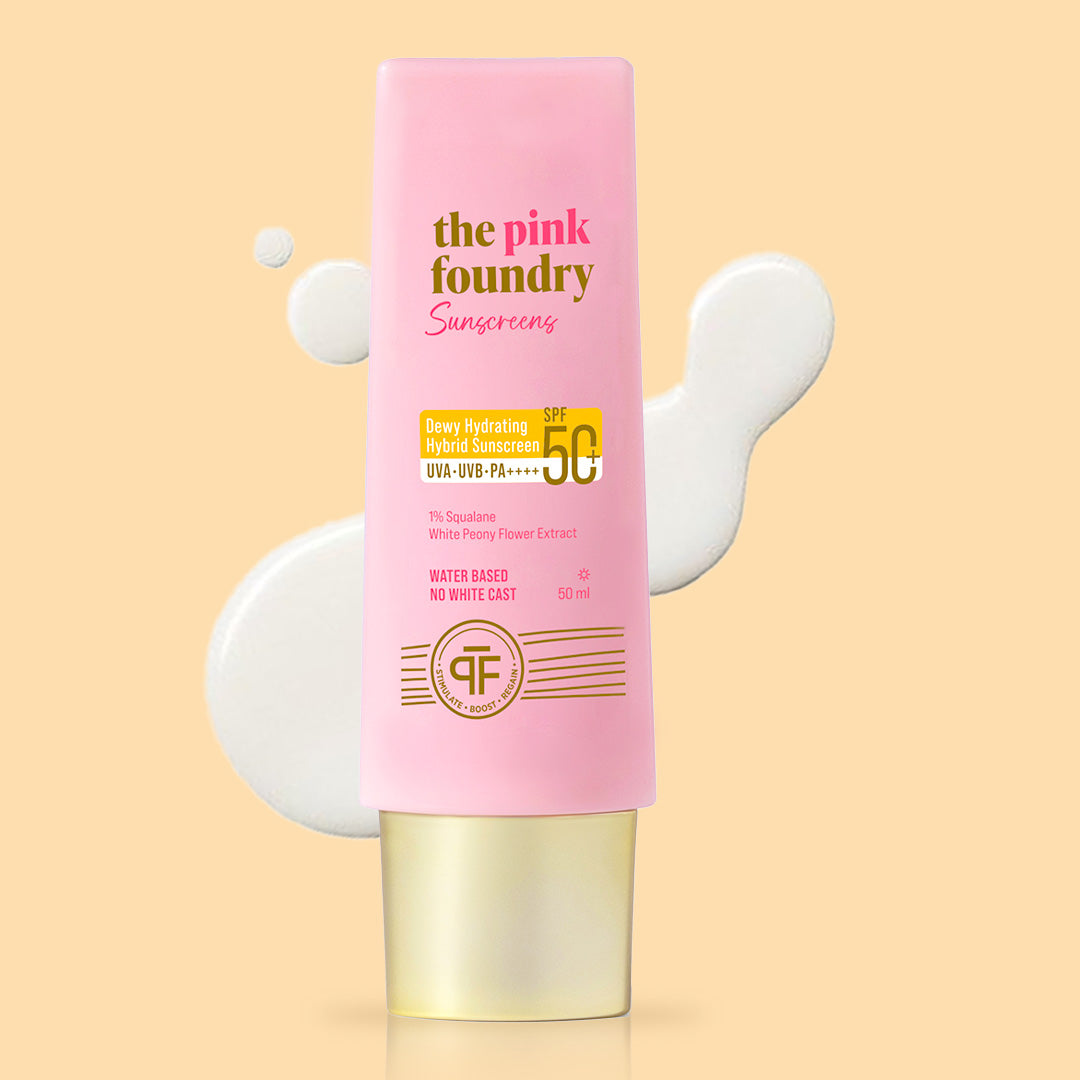
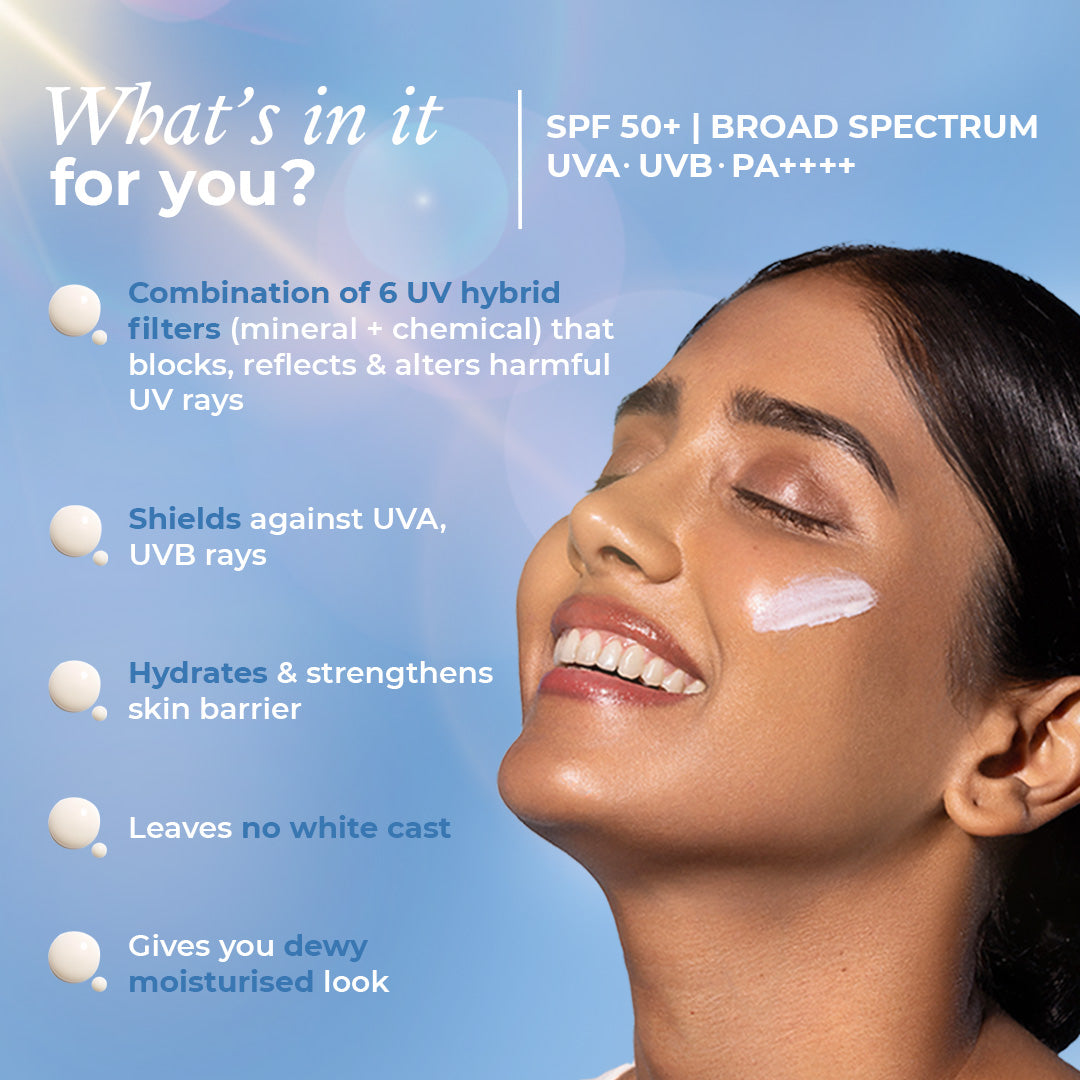


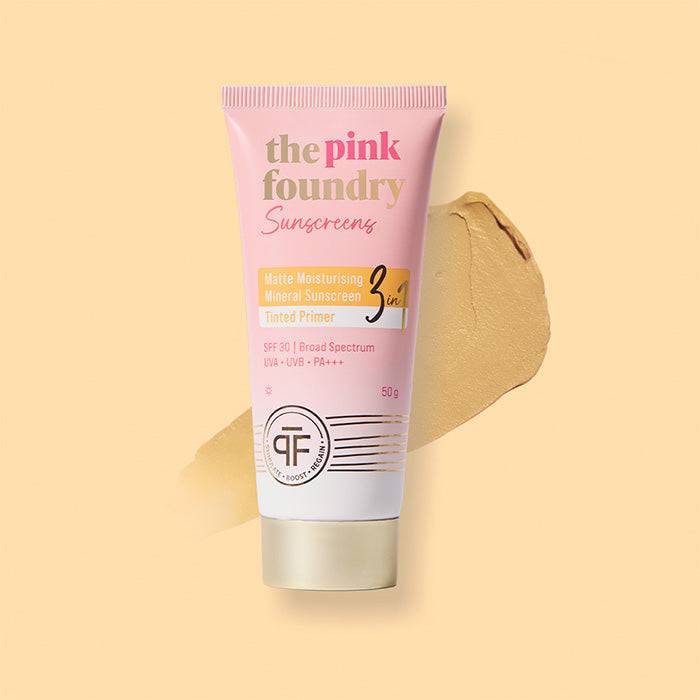
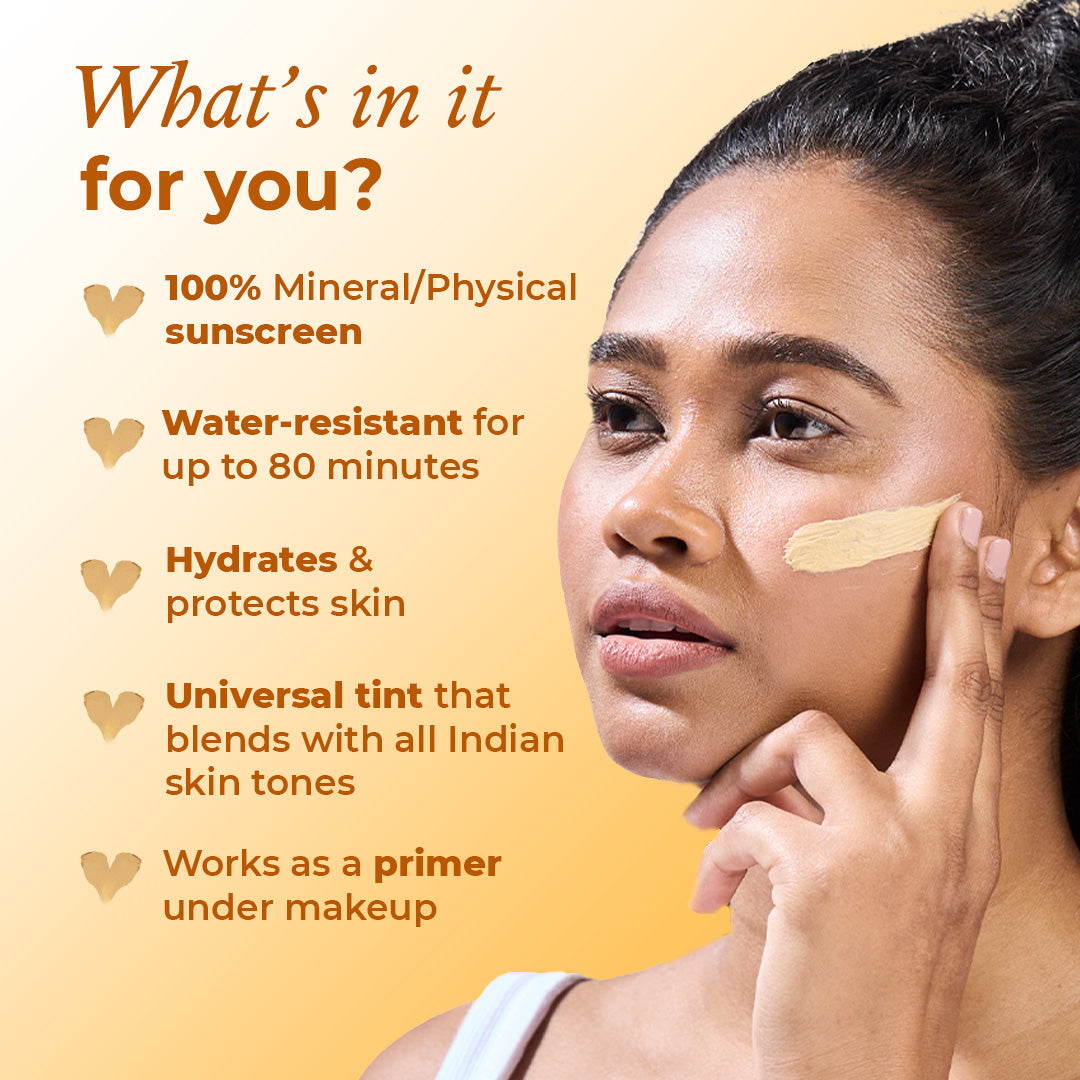



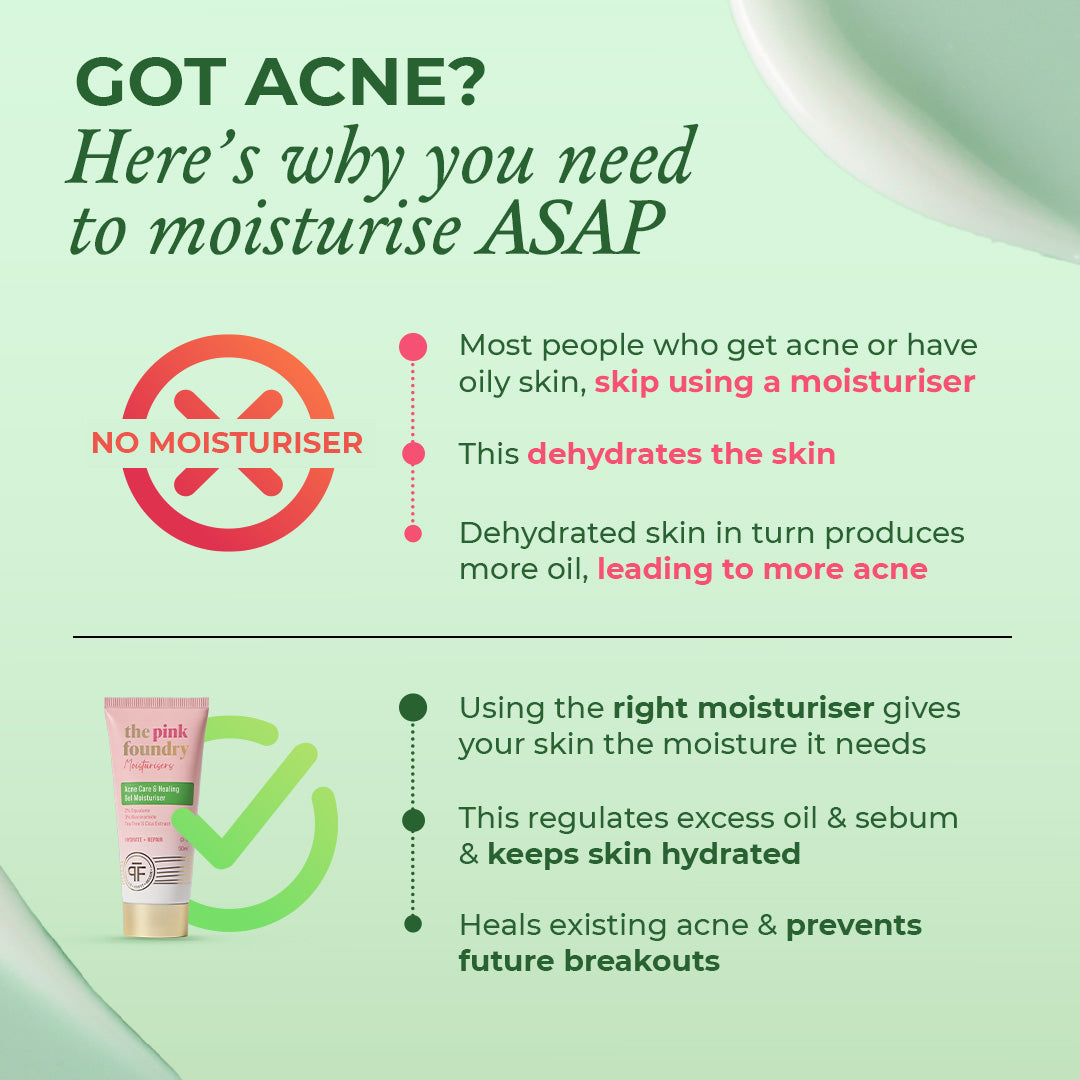
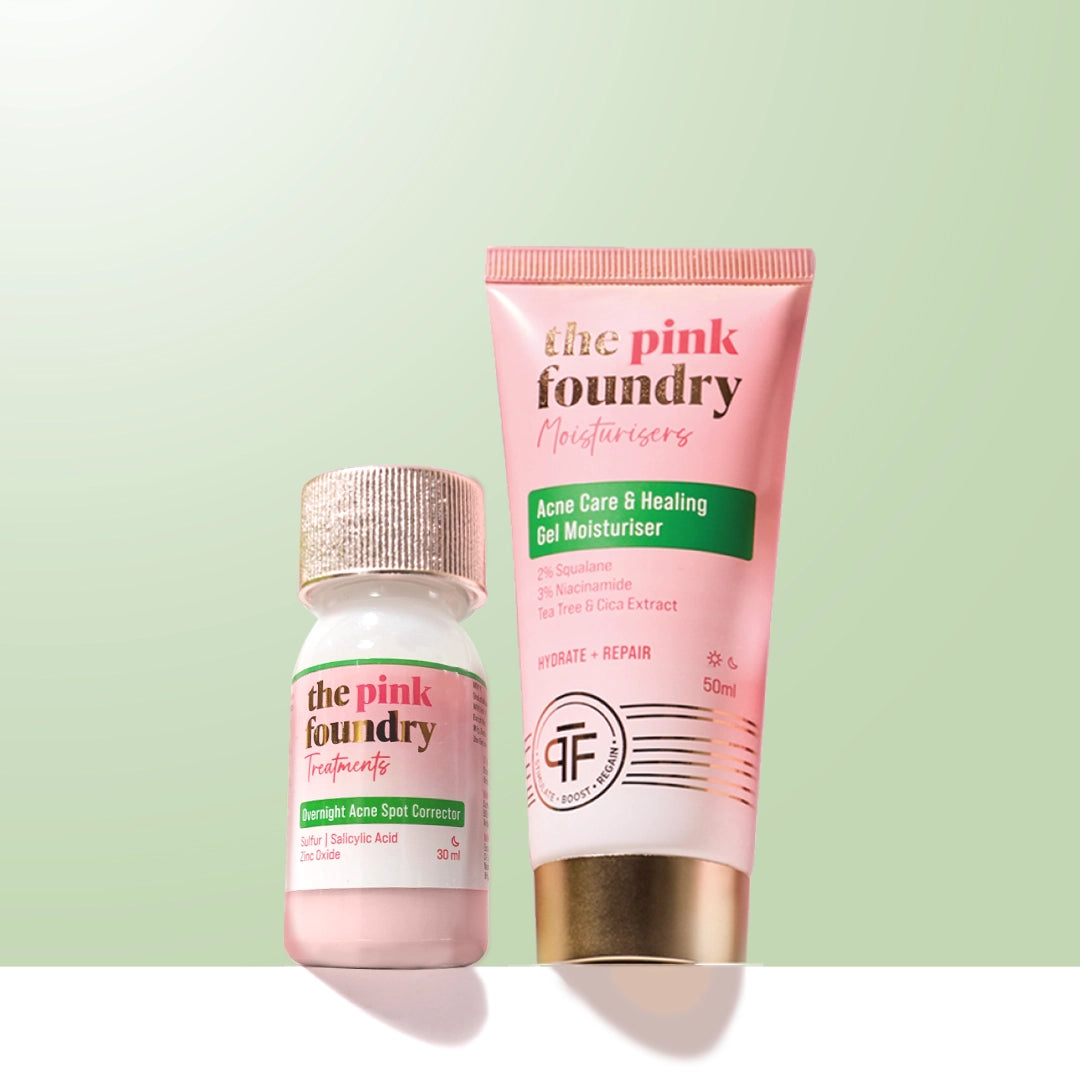
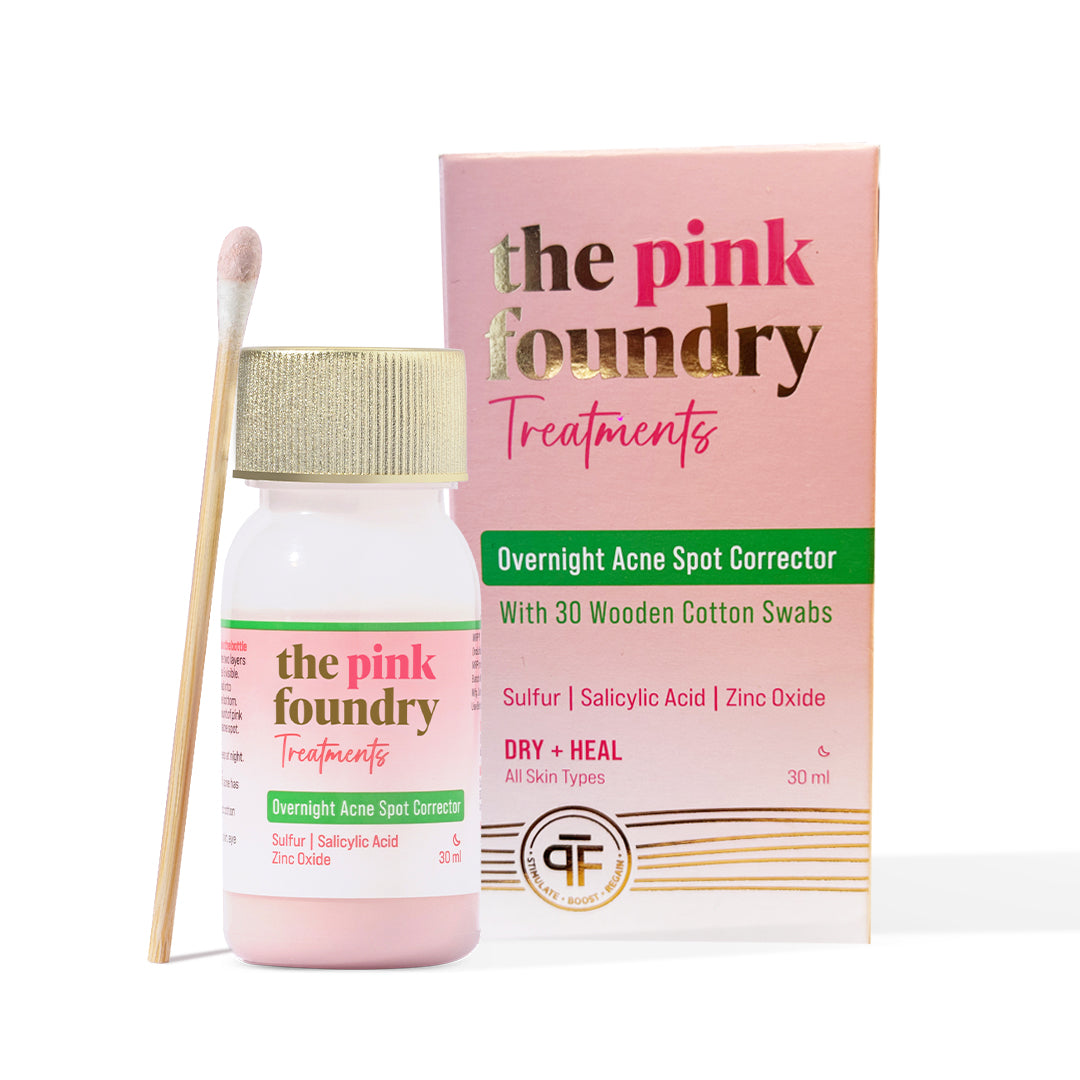
Leave a comment
This site is protected by hCaptcha and the hCaptcha Privacy Policy and Terms of Service apply.